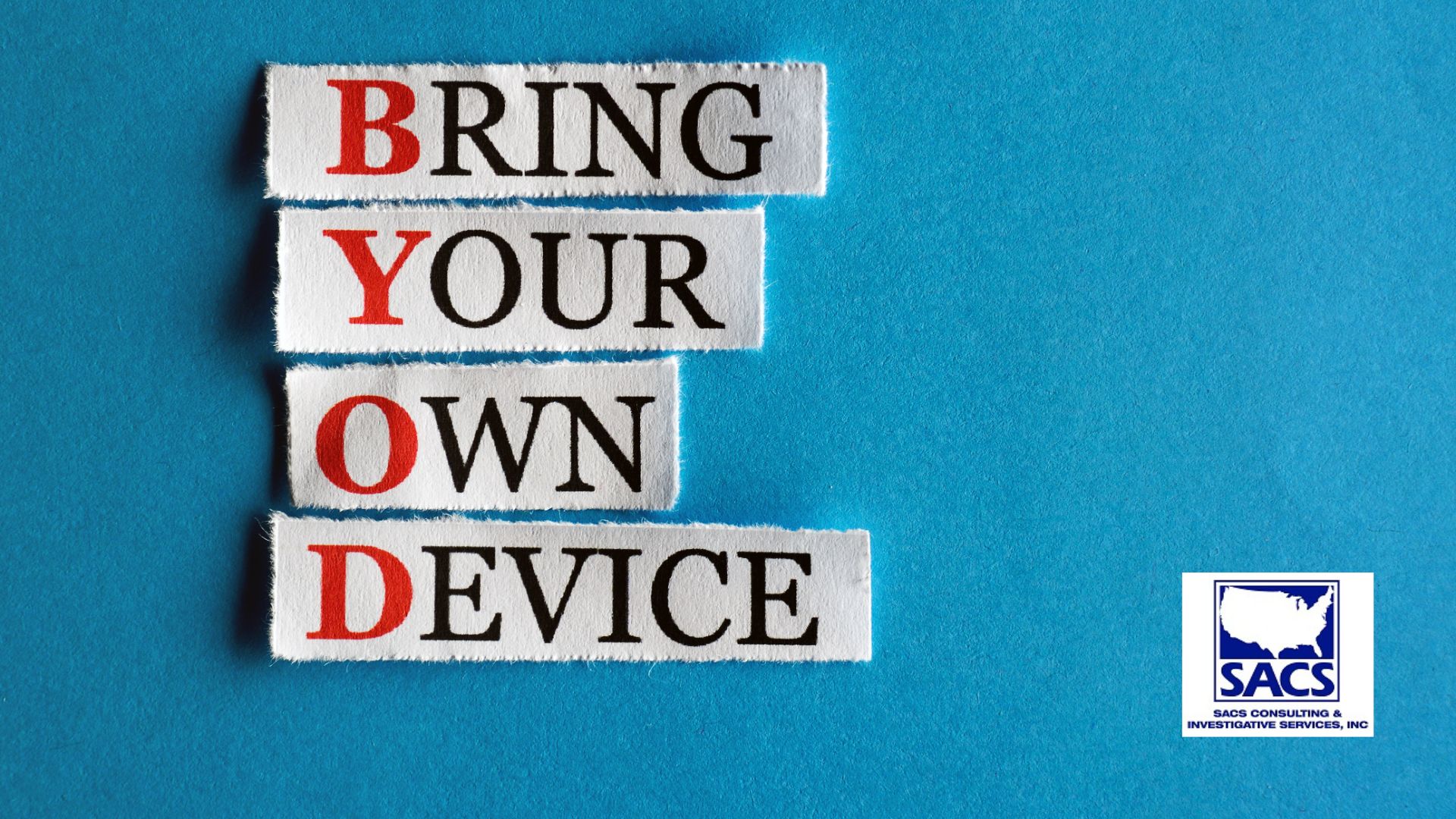In an era where technology evolves at lightning speed, keeping up can be daunting for any employer. The Bring Your Own Device (BYOD) trend continues gaining traction as more companies embrace the cost-saving and morale-boosting benefits of allowing employees to use their laptops, tablets, and smartphones for work. However, with these advantages come significant security and legal concerns. A well-crafted BYOD policy is essential for navigating these challenges.
The Current State of BYOD
According to a 2023 survey by Gartner, 75% of businesses worldwide have adopted some form of BYOD, up from 60% in 2019. This increase is driven by the hybrid work model, which has become the norm post-pandemic.
Key Considerations for Employers
- Security Ensure that company data is safeguarded with robust passwords and encryption. The rise in cyberattacks necessitates stringent security measures. Employees often work from various locations, some with unsecure or public Wi-Fi networks. Implement Virtual Private Networks (VPNs) to protect company data.
- Legal Compliance
Nonexempt employees checking emails or working off hours can lead to overtime claims under the Federal Fair Labor Standards Act. Clear policies and time-tracking tools are essential.
Business records on personal devices must be retained to satisfy electronic discovery requests if your organization is involved in litigation.
- Expense Reimbursements
Determine whether your company will reimburse employees for data and equipment costs incurred for work purposes. Clear guidelines can prevent disputes.
- Data Management
Use Mobile Device Management (MDM) technology to create separate partitions for work and personal data on devices. Specify which devices are supported and the types of data accessible.
- Employee Guidelines
Clearly state the employer’s right to access, monitor, and delete information from employee-owned devices. Ensure employees understand how their data will be protected.
Establish protocols for wiping employer data from personal devices when employees leave the company or if devices are lost or stolen.
This must be presented in a written document and signed by the employee and employer.
- Data Protection Practices Strong Passwords and Auto Lock: Require employees to use strong passwords and enable automatic locking on their devices after many minutes of inactivity.
Implement protocols for reporting and addressing lost or stolen devices to mitigate data breaches.
SACS Consulting and Investigative Services Can Help Your Organization Address BYOD
“BYOD has moved to the forefront of any company’s security needs and liability. Creating a BYOD policy is a must and should be a priority for companies to embrace,” stated Timothy Dimoff, CEO and President.
By staying ahead of the curve and implementing a well-rounded BYOD policy, you can harness the benefits of modern technology while safeguarding your organization against potential pitfalls.
A successful BYOD strategy hinges on a balanced security, privacy, and compliance approach. We can help your organization create a comprehensive BYOD policy tailored to your needs. Contact us to speak with one of our HR Policies and Procedures professionals today.

